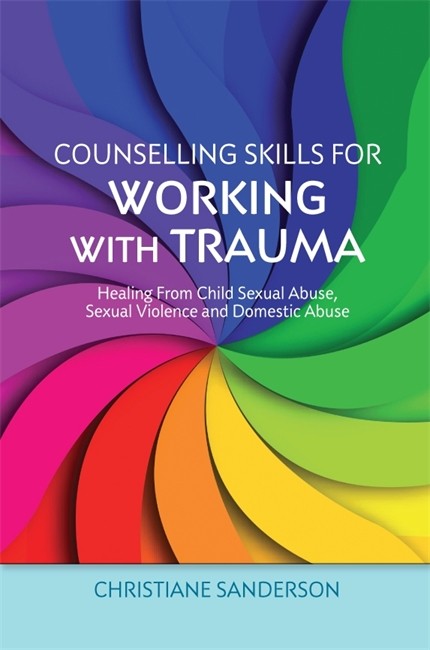Part I: Understanding Complex Trauma. 1. Understanding Trauma and Complex Trauma. 2. Understanding Trauma Symptoms. 3. Understanding the Role of Dissociation. 4. Understanding the Role of Attachment. Part II: Working with Complex Trauma. 5. Safe Trauma Therapy. 6. Therapeutic Challenges. 7. Building and Maintaining the Therapeutic Relationship. 8. The Process of Recovery and Healing. Part III: Skills to Manage Complex Trauma Symptoms. 9. Establishing Safety and Control. 10. Skills to Improve Daily Life. 11. Managing Sensations, Feelings and Grounding Skills. 12. Managing Flashbacks, Panic Attacks, Nightmares and Dissociation. 13. Managing Negative Thoughts and Beliefs. 14. Managing Memories. 15. Managing Shame and Guilt. 16. Managing Self-Harm. 17. Managing Boundaries. 18. Managing Relationships. 19. Managing Sexuality. 20. Managing Loss and Mourning. Part IV: Post Traumatic Growth. 21. Restoring Reality and Expressing Needs. 22. Relapse Prevention. 23. Reconnecting to Self and Post traumatic Growth. Part V: Professional Issues. 24. Practitioner Self Care. Appendices.Trauma Assessment Scales. Resources and Trauma Assessment. Organisations. References. Index.
Request Academic Copy
Please copy the ISBN for submitting review copy form
Description
This book has a great deal to offer to all counsellors and psychotherapists, as well as other practitioners who work with people who have experienced trauma within the context of close relationships. The great strength of this book is that it considers all aspects of this area of therapy in an informed, accessible, caring and comprehensive manner. It represents an exceptional contribution to the literature and will become essential reading for both trainees and experienced practitioners. A welcome example of how knowledge and skills from a range of medical, social and psychotherapeutic approaches can be integrated into a coherent model of practice.

